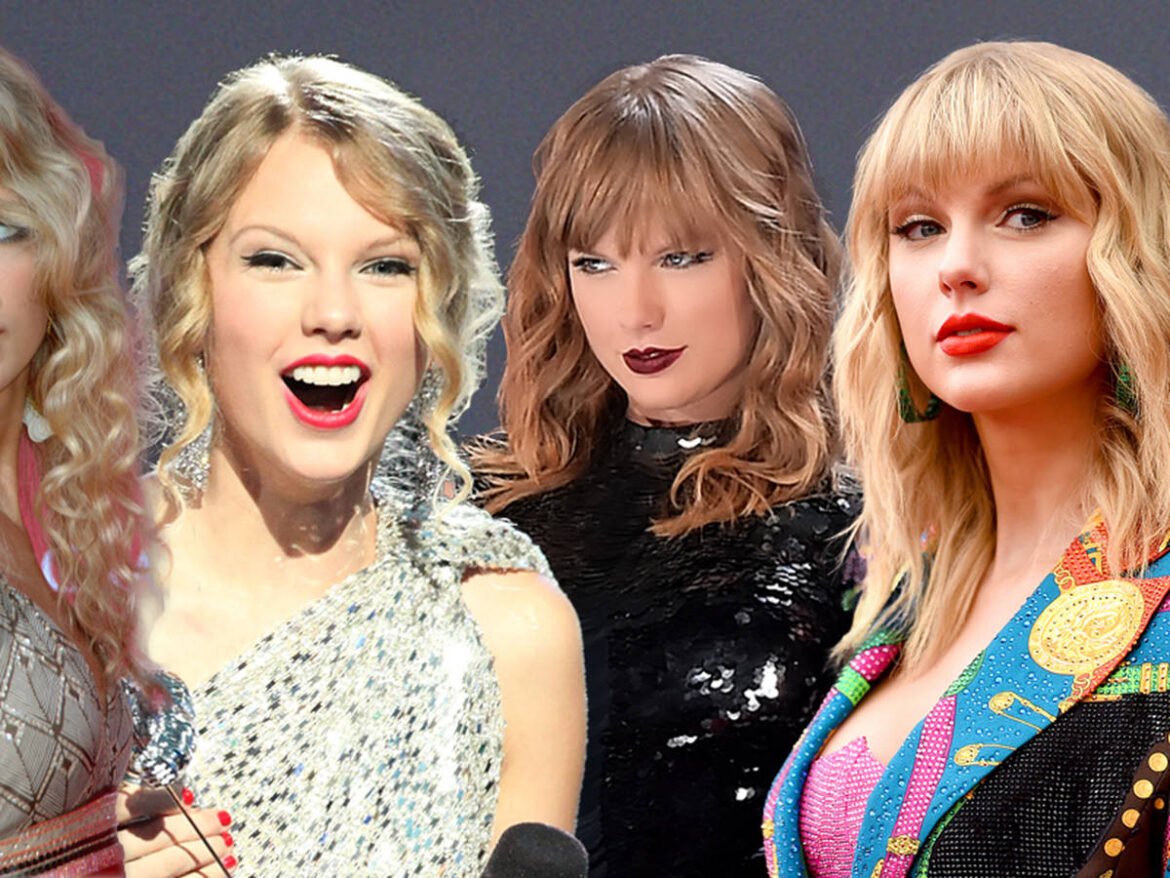Music is the only language that speaks to the soul without needing translation. It’s not seen, touched, or held—yet it holds the power to lift hearts, shape cultures, and echo through generations. Unlike paintings or sculptures, music disappears the moment it’s played. But what remains is memory, emotion, and connection.
A Pulse Before Words
Before we ever spoke, we hummed. Babies respond to lullabies before they understand speech. Our ancestors beat rhythms on stone and wood to mark time, tell stories, or worship nature. In every civilization, music wasn’t an extra—it was essential. Rituals, celebrations, mourning, even battle cries had music woven into their fabric.
Music is, in many ways, the heartbeat of humanity.
Every Note Has a Job
Music is not random. Every note, pause, or tempo shift has a purpose:
- Rhythm gives it structure, like a skeleton.
- Melody gives it voice, like a message.
- Harmony gives it emotion, like a soul.
- Silence gives it space to breathe.
Even silence in music isn’t empty—it’s powerful. It’s the breath before the chorus, the stillness after a storm, the anticipation that keeps you listening.
Music Doesn’t Ask Where You’re From
Music jumps fences. A street performer in Cairo can go viral in Tokyo. A Latin pop song makes people in Sweden dance. A violin solo played by a teenager in a small town can reach millions in a single night.
Genres may have roots, but music itself has wings. From jazz to hip-hop, classical to electronic, each form carries the fingerprints of people and history—but also invites anyone to join in, remix, and reinterpret.
Soundtrack of Our Lives
Think about it. Your life already has a soundtrack:
- The song that played during your first heartbreak.
- The lullaby your mother hummed when you couldn’t sleep.
- The beat that made your feet move before your mind caught up.
- The anthem that united strangers at a concert or protest.
Music turns fleeting moments into permanent memories.
The Silent Power of Music
It doesn’t take up space in a room. You can’t hold it, yet it can hold you. Music can calm anxiety, reduce pain, boost memory in dementia patients, and even synchronize the steps of people who have Parkinson’s disease. That’s not magic. That’s the science of vibration and emotion working together in invisible harmony.
The Future of Music: Human Meets Machine
AI is now composing symphonies. Algorithms generate beats. Virtual artists top charts. Some fear it. Others embrace it. But here’s a truth: the soul of music doesn’t come from the tool—it comes from intention. Whether played on a handmade flute or a digital synthesizer, music is only alive when it means something.
Final Note: Music Is Yours
You don’t need perfect pitch or expensive gear to make music. Clap your hands. Tap a desk. Hum in the shower. Sing when no one’s listening—or when everyone is. Music is not something you consume; it’s something you create, share, and feel.
